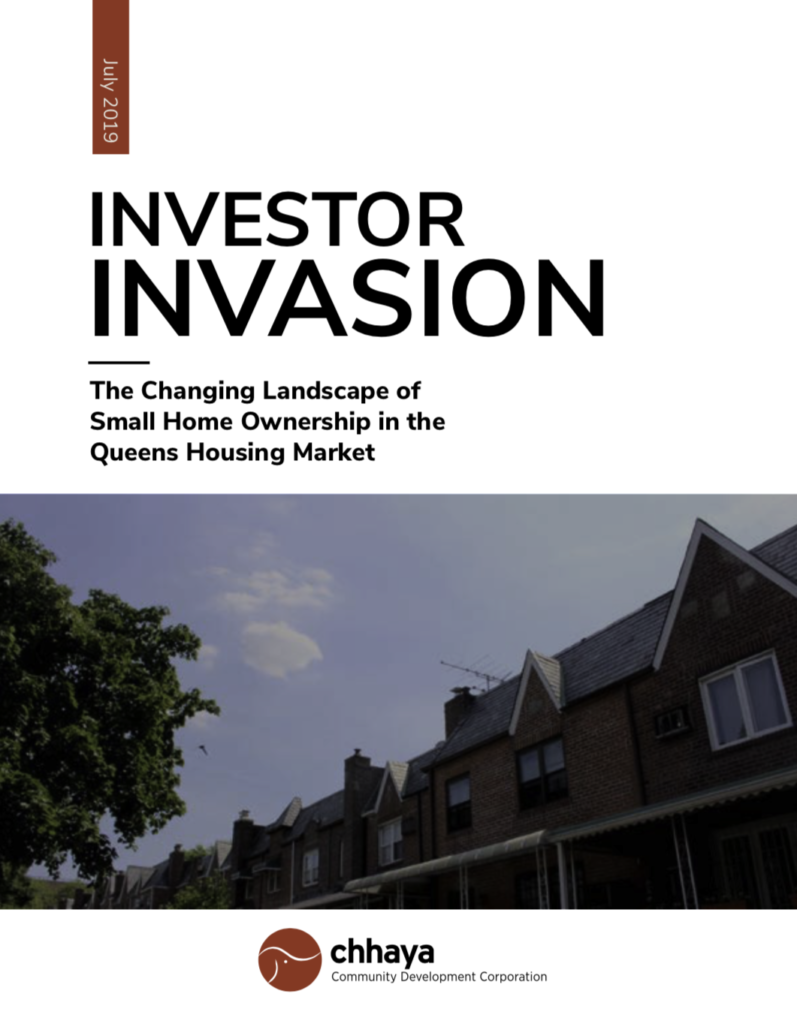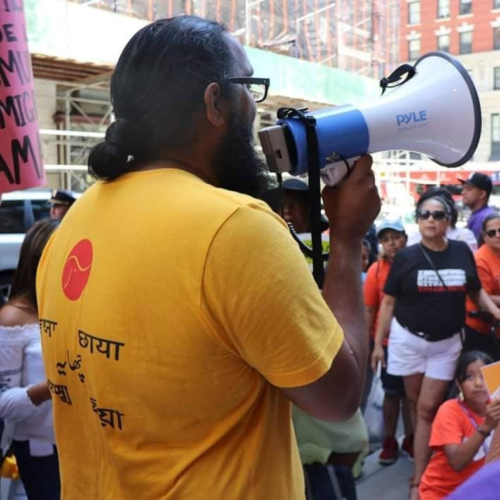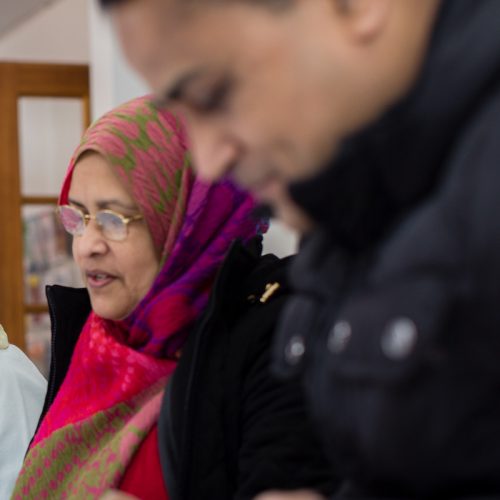
Support Chhaya CDC in building the power, housing stability, and economic well-being of South Asian and Indo-Caribbean communities in New York City. Donate Today!

In recent years Chhaya CDC has witnessed a trend in homebuyers being priced out of purchasing small homes (one and two-family houses) in neighborhoods that, not long ago, were affordable for low-to-moderate income (LMI) immigrant communities. After a year of research and client-counseling sessions, Chhaya found a significant increase in real-estate investor activity in the Queens small homes market. Neighborhoods that overcame the barrier of redlining, now face a new threat tied to gentrification. Chhaya analyzes these trends in its new report entitled, “Investor Invasion: The Changing Landscape of Small Home Ownership in the Queens Housing Market.”
Chhaya’s study looked at the neighborhoods of Corona, Elmhurst and Richmond Hill and revealed that an unprecedented number of small homes are purchased by corporate entities, depriving LMI individuals and families of the traditional way of building wealth through homeownership. Investor invasion in Elmhurst alone means that close to one quarter of all homes on the market are bought by corporate owners, according to Chhaya’s analysis of data obtained from geodatadirect.com. The increase of corporate-landlords at the expense of the more personally invested neighbor-landlord relationship, is a troubling trend for communities historically welcoming for LMI immigrant families. Corporate absentee landlords are more likely to raise rents without considering the needs of the tenants or the impact on the neighborhood, aiding the tides of gentrification and displacement.
Investor ownership precludes homeownership for our communities, which has traditionally been a means for building housing stability and financial well-being for LMI families, and particularly people of color, says Annetta Seecharran, Executive Director of Chhaya CDC. Our goal with this report is to spur meaningful dialogue between residents, advocates, and elected officials, and to identify policy solutions that keep single-family homes in the hands of families.
When people think of real estate investments, they often think of large multi-family buildings or commercial developments, but speculating on small, single-family houses is one of the fastest growing real estate trends in the country – especially in Queens. One of the unique features that has made Queens so desirable for LMI immigrant families is the availability of single-family houses and low-density homes close to public transit. Real estate investors and speculators now see this housing stock as an opportunity to make money and hold their wealth.
At a moment when we desperately need to close the racial wealth gap and ensure that homeownership is accessible for the many and not only the wealthy few, we need to take a hard look at the threat serial investors are posing to our working class neighborhoods,” said Christie Peale, Executive Director at the Center for NYC Neighborhoods. “Chhaya’s research on the impacts of investors in Queens adds to the evidence that we need to rethink our public policy and get serious about supporting owner occupant homeowners.
This report concludes with potential solutions that can help to keep Queens a place to build a family, not an investment portfolio.
1) The current property tax system needs to more clearly distinguish between homeowners, small neighbor landlords, and professionals landlords. Chhaya proposes that the city create separate tax structures for properties that are used primarily as a home for the owner and properties that are used as investments. This would provide significant relief to homeowners while shifting more tax burden onto the shoulders of large investors. The size of an investor’s holdings should be taken into consideration.
2) New York State should pass the Flip Tax, which would deter investors from buying properties for the purpose of flipping them.
3) Homeownership and real affordable housing policies should take shape through: down payment assistance to help level the playing field; make distressed properties available to LMI families; and investment in real affordable housing.
Now more than ever, we have to stand up to the speculators and developers who are running away with profit, by pushing New Yorkers out of their homes, said New York City Comptroller Scott M. Stringer. In the midst of our housing crisis, it’s crucial that community organizations like Chhaya continue to spotlight the destabilizing forces shaping New York City’s housing market – and the New Yorkers impacted most. We need bold policies and a new vision for creating real, affordable housing to tackle this crisis head-on. We can’t allow the entry-ticket to our city be a multi-million dollar condo.
Access the report.






Main Office:
37-43 77th St, 2nd Floor, Jackson Heights, NY 11372
Contact: 718.478.3848; info@chhayacdc.org
Press: press@chhayacdc.org
Richmond Hill Center:
121-18 Liberty Avenue, 2nd Floor, Richmond Hill, NY 11419
Contact: 718.374.3371; info@chhayacdc.org
Press: press@chhayacdc.org
Copyright 2022 by Chhaya Community Development Corporation. All rights reserved. Chhaya CDC is a 501(c)3 non-profit organization.